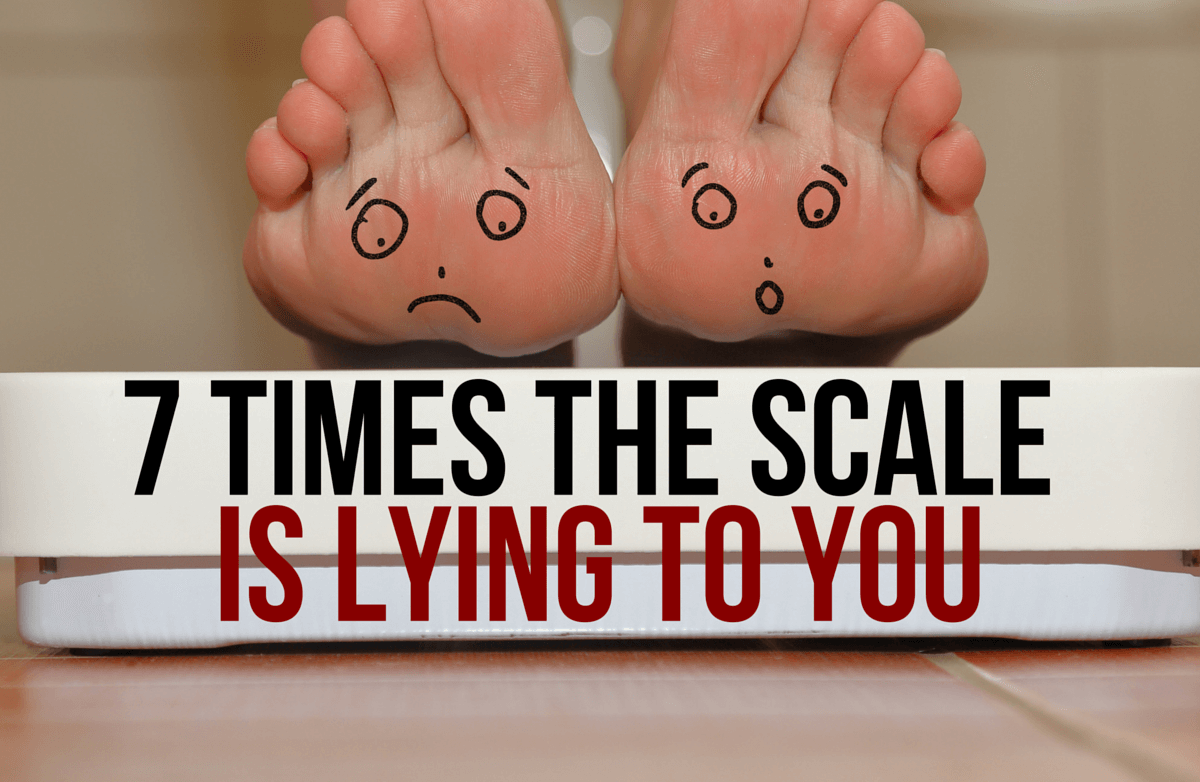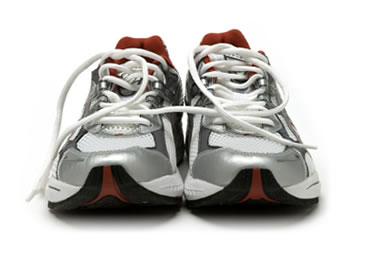|
Want toned abs and a flatter stomach? If all the DVDs, workout gizmos and "belly-fat-burning" pills, books, and diets out there are any indication, we're obsessed with slimming down our midsections, and for good reason. A flat stomach not only looks great; it's also a boon to your health—especially when compared to abdominal obesity, which is correlated with several health risks). But are all these abs-training products really getting us any closer to the abs of our dreams? If not, it's probably no fault of your own. So much inaccurate information has been circulating for so many years, that there are few muscles more misunderstood than the abs. I've seen so many mistakes firsthand that I figured it was time to clear up the confusion. When it comes to training your abs, there is a right way and wrong way to do it. Are you guilty of any of these top abs-training mistakes? Find out! #1: Over-Crunching If you think of crunches when you think of working your abs, you're not alone. Crunches are a great way to target the abs, but there are more effective ways to work out! For one, crunches mainly work just one of the muscle groups in your core: the rectus abdominis. And they only work it from one angle. You can train your abs without every doing a single crunch, and if crunches are your go-to abs exercise, it's probably time that you do! Need some crunch-free workout ideas? Check out my 10-minute Crunchless Core Workout and this No-Crunch Workout with a ball, as well as SparkPeople's core exercise demos. #2: Doing Too Many Reps There is no need to do 50, 100 or thousands of crunches each day. Many people do more, thinking it will help them spot-reduce (lose fat) from the belly, but that is a myth. In fact, if you are doing your exercises correctly, 8-15 repetitions are all that you need to target those muscles and get results. Here's an easy rule: Train the abs like you would any other muscle, which typically involves 1-3 sets of 8-20 repetitions per exercise. #3 Having an Abs Routine in the First Place Do you have an abs routine? Whether it's a DVD, a piece of equipment, or just a series of exercises, doing the same exercises each time you work your abs will only get you so far. Your abs routine will become, well, routine, and you won't be challenging your muscles anymore. Change up your workouts and mix up your exercises regularly, including a variety of moves to work your abs in different ways (see mistake #7 below). #4 Not Focusing on Form If you're doing an abdominal exercise and you're not really feeling it, I'm going to tell you a cold, hard truth: It's probably not because you're super strong and fit. More likely, you're not doing it properly. The key to really working your abs is to focus on your form, by deeply engaging your abs throughout each movement. This is commonly described as "pulling your navel towards your spine," or "scooping" the abs inward and it will help you engage more muscle fibers (especially the transverse abs), making each repetition more effective. And did you know: Mentally focusing on the muscles you're trying to engage during any exercise (abs or otherwise) actually does make a difference in how well you execute the move? Try it next time and you'll notice a difference! #5 Believing in Belly Fat Burners Can specific foods, nutrients, diet pills or supplements really target belly fat and help you melt it away? Probably not. There is some research to show that certain nutrients may help people lose more belly fat, but most of this "research" is sketchy at best—poorly controlled, poorly designed, and not well replicated. It'd be nice to think that you could just eat an exotic berry or pepper—or pop a pill that contains them—and melt away the inches from your waist, but don't fall for this hype. The person telling you that any food or product can burn fat from your belly has one goal in mind: selling you something. If it sounds too good to be true, it probably is! #6 Neglecting the Rest of Your Core The rectus abdominis (or abs, for short) run down the front of the torso, from the center of the ribcage to the pubic bone. These are the main muscles that work when you do any sort of "crunching" motion (spinal flexion). But your torso also extends, bends and rotates—and all of those motions should be part of your abs training repertoire. Your obliques (which run diagonally across your middle) active during lateral flexion and rotation; the transverse abdominis (a long muscle that runs horizontally beneath the rectus abdominis) acts like a brace during plank-style exercises and is highly targeted during Pilates; and your back (erector spinae muscles along the spine) is the primary mover during spinal extension, which most people don't do enough of. A good rule of thumb is that every time you train your abs, you should also target the obliques and lower back as well (more on that below). #7 Only Working the Abs from One Angle I touched on this above. Most people only work their abs by doing flexion (crunching movements), but a solid abs training program should include multiple angles and ranges of motion. Here are some examples to help you understand the many ways to move your core. (This 15-minute routine features all of these movements in one workout!):
You may be surprised to know that most people actually DO have strong, defined abs…they just happen to be covered by a layer of fat. So how do you get rid of that layer of fat? More crunches, right? Wrong. More of the exercises listed above? Also wrong. All the abs-toning exercises in the world won't burn the fat on top of the muscle. To accomplish this, you need a combination of cardio exercise and a healthy diet to create a caloric deficit necessary to lose weight. Get a free weight loss meal plan at SparkPeople.com. #9 Ignoring Your Abs When Not Exercising I don't want to give you mixed messages. The exercises listed in #7 are great ways to target your abs and strengthen them. Moves like that should be part of your training. But did you know that your abs also play a role in balance, posture and stabilization during all kinds of everyday movements and exercises—everything from walking to your car to coughing to squatting? It's true. They always engage a little bit during everyday activities, even when you're not thinking about them. But you CAN (and should) think about them more often. Next time you follow one of my workout videos, notice how many times I remind you to "engage your abs"—even when you're working your arms, back or legs. This is going to strengthen your form and control during the exercise at hand, and it gives those transverse abdominals a little extra something to work on, too (which also protects you from injury). Try to think about your abs more during the day. You'll sit taller, help strengthen that deep abdominal muscle, and perform better all around! #10 Using Abs Training Gizmos Every year, a new gadget to help you achieve "the abs of your dreams" hits the market and sells millions. Machines that swing, roll, rock, shake, slide, and make abs training look oh so easy! Do some of these machines work your abdominal muscles? Sure. Will using that machine alone help you get washboard abs? Sorry, but no. Think about the mistakes listed above. Using an abs workout machine means you'll be making a lot of the mistakes above: spot training, neglecting other movements, doing the same routine, doing too many reps, etc. Their commercials may seem impressive and realistic, but I'd advise you to save your money. The real secret to getting the kind of results seen in those commercials isn't about the gadget at all. It's about diet, cardio, and proper abs training, which doesn’t require any equipment. Are you guilty of any of these mistakes? Do you have any others to add to my list? What's your favorite way to work your abs? |
Related Entries
More From SparkPeople
|







.png)











.jpg)



